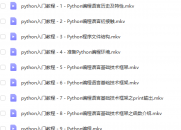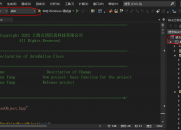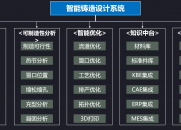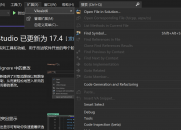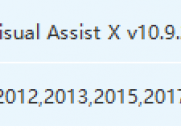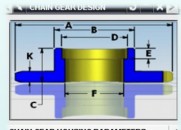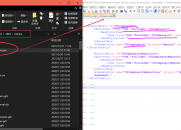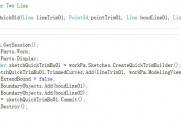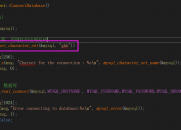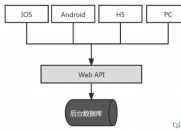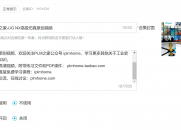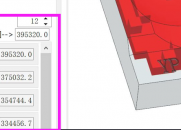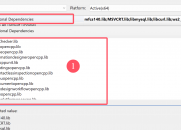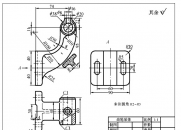Constraint | An expression that sets an option value according to the values of other options, that is, derived defaults. |
| A default value that depends on a certain condition (for example, radio = stereo IF car type = GLX). A derived default is attached to an item revision but applies globally to a loaded structure. |
Option default | A specific default value for an option (for example, engine = 1200). A fixed default is attached to an item revision but applies globally to a loaded structure. It can be used internally to set private from public option values or to set public option values on the child module. |
Option | A parameter of variability. Options have a string type and a name. |
| A specific structure that is configured by applying a variant rule. |
Variant condition | A condition that an engineering user sets on an occurrence to specify the option values that configure the occurrence (for example, Load IF engine = 1200). More complex condition statements may also be defined. |
Variant rule | A collection of option values, typically set by a marketing user, to determine the variant of the structure to configure (for example, car type = GLS, engine = 1200, gearbox = manual). A saved variant rule is a persistent database object. |
| A condition that specifies any option values or combinations of values that are not allowed. A variant rule check is attached to an item revision. Also called an error check. |
